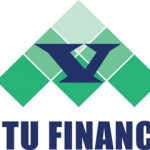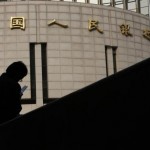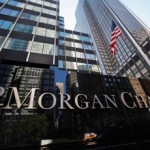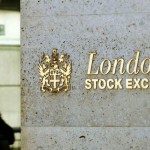Speed Trader Virtu Readies Another IPO Try
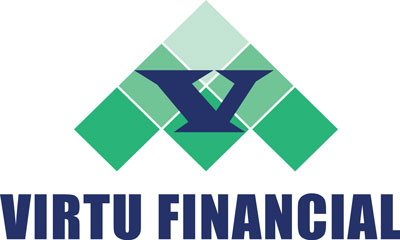
Deal could value the company at $2.59 billion
With the controversy over high-speed trading firms cooling, one of them is preparing to brave the stock market.
Virtu Financial Inc. on Monday outlined plans to go public later this month in a deal that could value the seven-year-old firm at $2.59 billion. The move sets up an important test for how the market views the high-speed trading firms that have expanded their influence in markets across the globe.
Such firms have been a focus of enforcement actions, regulatory investigations and heated global debate over the past year as critics have argued that markets give high-speed traders an unfair edge. But some industry observers and Virtu executives believe the furor has begun to die down.
Virtu Chief Executive Douglas Cifu and fellow executives will begin meeting with large investors on Tuesday as they seek to raise up to $361.2 million in an initial public offering, according to documents the firm filed with the Securities and Exchange Commission.
Executives will try to persuade investors that Virtu isn’t just a necessary part of a functioning market, but also one that is primed for big growth as more securities and derivatives are traded electronically on exchanges, according to people familiar with the matter. The IPO is scheduled for April 16.
Those assurances will be important as Virtu’s target valuation is substantially higher than competitor KCG Holding Inc.’s $1.48 billion market capitalization.
Virtu’s total revenue in 2014 was $723.1 million, according to a filing in February. Net income was $190.1 million. KCG had 2014 revenues of $1.28 billion and net income of $61.1 million. KCG is the product of a 2013 merger between high-speed trading firm Getco LLC and Knight Capital Group Inc.
“Trading firms are difficult to value,” said Sang Lee, co-founder of Aite Group LLC, a research firm. “They need to explain not just how well Virtu is doing today, but what the firm will look like in 10 years. How are they going to diversify? Where is the momentum?”
One area for growth could be in the $700 trillion market for swaps. Former Virtu President Christopher Concannon, who joined exchange operator BATS Global Markets Inc. as president last year, was known by people who worked with him to refer to the derivatives as a potential source of Virtu’s future growth. Virtu also has seen growth in the trading of currencies and is trying to expand its presence in Asia.
Mr. Cifu and Virtu founder Vincent Viola, a former New York Mercantile Exchange chairman who rose up from the gasoline trading pits, are known by colleagues to argue that Virtu’s strategies are relatively simple. The firm, they say, combines the experience of floor traders with cutting-edge technology to trade stocks, bonds, currencies and other securities on more than 200 markets around the world.
That strategy is market-making, in which Virtu simultaneously offers to buy and sell securities and captures a profit from the spread between those prices. When multiplied hundreds of thousands—if not millions—of times a day, the strategy can be very profitable.
Virtu had only one losing trading day in over 1,238 days of trading over three-plus years, according to an earlier filing with the Securities and Exchange Commission.
An important task for Virtu executives is explaining to investors why it believes it can remain at the forefront of market making amid an intensely competitive pack.
Virtu will argue that it has built up a company culture that allows its traders and researchers to continuously fine-tune its trading algorithms, keep its systems running extremely rapidly and boost profits, the people said.
Mr. Viola, a 1977 graduate of the U.S. Military Academy at West Point, has invested in building that culture. Employees visit the sites of major battles on annual leadership retreats led by retired Army Gen. John Abizaid, who sits on Virtu’s board along withRichard Grasso, the former chairman of the New York Stock Exchange.
Last year, Virtu suspended a first attempt to go public after the publication of “Flash Boys,” a book by Michael Lewis that sparked controversy over high-frequency trading. Under last year’s aborted plans, the company was seeking to raise more than $200 million by selling shares that valued the company at as much as $3 billion. The company revived its IPO plans in February.
Virtu was boosted, in part, by its agreement to trade on IEX Group Inc. The founding of IEX, an alternative trading venue that sought to level the playing field between institutional investors and high-frequency traders, is the central story of “Flash Boys.” IEX CEO Brad Katsuyama has referred to Virtu as one of the “good” high-frequency trading firms.
Mr. Lewis even gave a nod to Virtu in the afterward of the paperback version of the book, mentioning the firm by name as among those that IEX identified as being useful for investors.
Source: WSJ – Speed Trader Virtu Readies Another IPO Try









